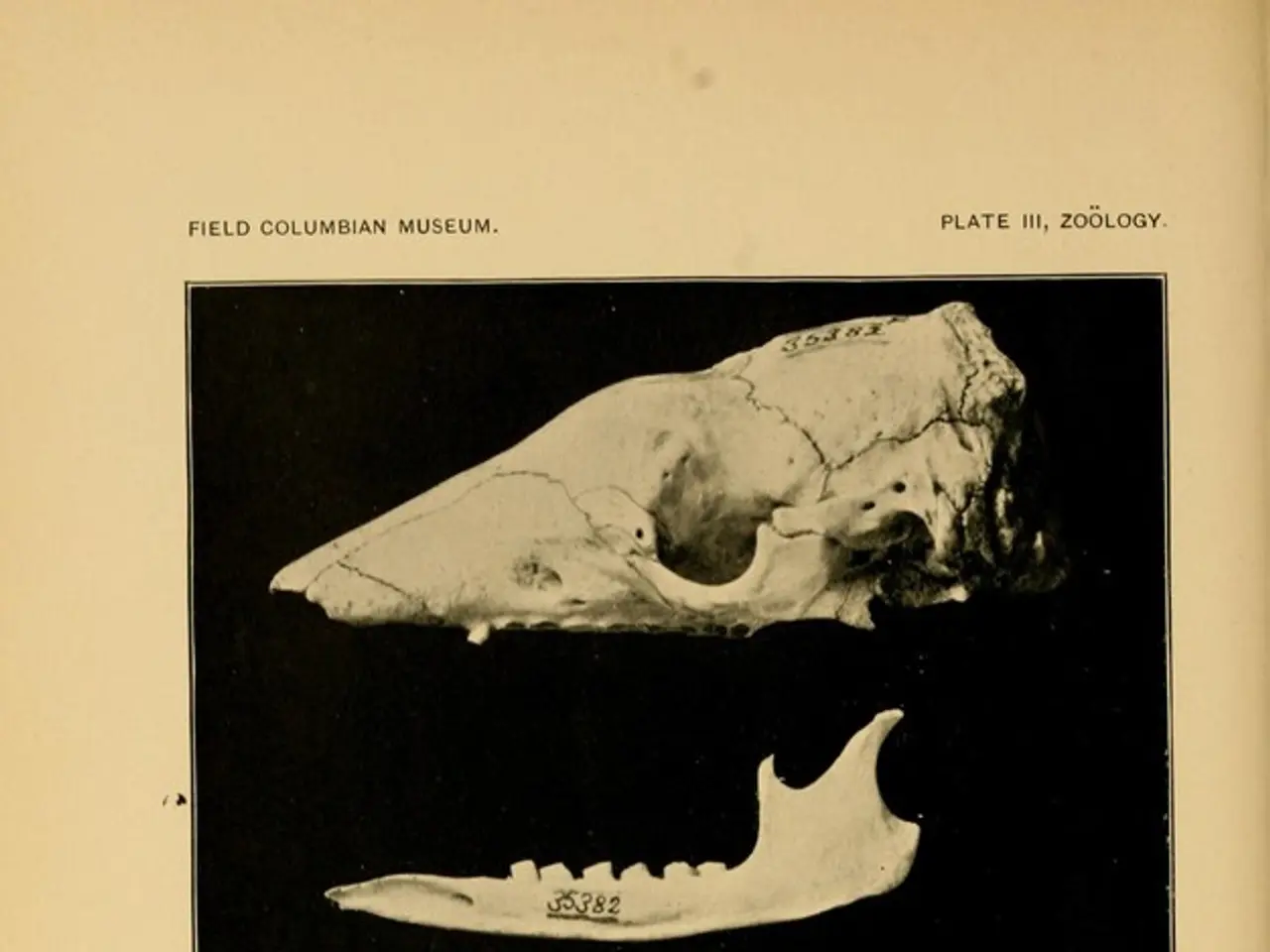Exploring Homemade Remedies for Osteoarthritis
Natural Treatments for Osteoarthritis: A Comprehensive Overview
Osteoarthritis (OA) is a common joint disorder that affects millions of people worldwide. While there is no cure for OA, several natural treatments have shown promise in managing its symptoms, such as pain, inflammation, and joint function.
One such treatment is black cumin seed oil (Nigella sativa), which has demonstrated significant effectiveness in easing arthritis symptoms in a randomized, placebo-controlled trial. The oil appears to reduce pain and inflammation similarly to conventional painkillers, without the side effects often associated with pharmacological treatments [1].
Another promising option is Fu's subcutaneous needling (FSN), a type of acupuncture-related therapy. A systematic review found that FSN significantly alleviated knee OA pain, improved joint function, and lowered inflammatory markers compared to routine acupuncture treatment. However, the studies had small sample sizes and limited quality, necessitating further high-quality research [2].
Supplements like glucosamine and chondroitin, naturally occurring compounds in cartilage, may also have anti-inflammatory effects that help reduce arthritis pain and stiffness. Some studies show benefit in moderate to severe OA pain, while others find little effect. They are generally considered safe and may be worth trying under medical supervision [5].
Curcumin (turmeric extract), known for its strong anti-inflammatory properties, may improve OA symptoms, sometimes showing equal or better effectiveness than some anti-inflammatory drugs, according to research [5].
Green tea (containing EGCG) has shown protective effects on cartilage and bone in lab and animal studies that may reduce OA risk and symptoms. However, human evidence is still limited [5].
In comparison to pharmacological treatments such as NSAIDs and corticosteroids, these natural treatments may offer symptom relief with fewer adverse effects. However, the quality and rigor of evidence vary. While black cumin seed oil and FSN show promising controlled trial data, many supplements lack large-scale human studies, and the evidence base is generally less robust than for established drugs.
Dietary modifications can also play a role in managing OA symptoms. Certain foods, such as oily fish, avocados, walnuts, and taking a daily fish oil supplement, may help ease inflammation associated with OA symptoms.
Exercise is another crucial factor in managing OA symptoms. Tai chi is strongly recommended for people with knee or hip OA, as it can help people improve their strength and balance. Yoga is conditionally recommended for people with knee OA.
Cognitive behavioral therapy (CBT) is conditionally recommended for people with knee, hip, or hand OA, and certain physical therapies, such as Transcutaneous Electrical Nerve Stimulation (TENS), are not recommended for people with knee or hip OA due to low-quality studies and lack of evidence for its benefits.
Lifestyle factors such as maintaining a nutritious, well-balanced diet, exercise, sleep, and controlling cholesterol levels and blood pressure are also essential in minimizing OA symptoms.
It's important to note that having OA can increase the risk of complications, such as diabetes, high blood pressure, high cholesterol, and heart disease.
In conclusion, natural treatments can be considered as complementary options for OA symptom management, especially for patients seeking alternatives to drugs or with contraindications. However, they should not fully replace pharmacologic therapy without medical guidance. Ongoing research is needed to better define their roles, optimal dosages, and comparisons with standard treatments [1][2][5]. Always consult a healthcare professional before starting any new treatment or supplement regimen.
References: [1] https://www.ncbi.nlm.nih.gov/pmc/articles/PMC7566823/ [2] https://www.ncbi.nlm.nih.gov/pmc/articles/PMC7149561/ [5] https://www.ncbi.nlm.nih.gov/pmc/articles/PMC6842788/
- While Fu's subcutaneous needling (FSN) can alleviate knee OA pain and improve joint function, further high-quality research is needed due to the small sample sizes of current studies.
- Green tea's protective effects on cartilage and bone may help reduce OA risk and symptoms, but human evidence is still limited.
- Glucosamine and chondroitin, natural compounds in cartilage, may have anti-inflammatory effects that help reduce arthritis pain and stiffness, but the evidence base is less robust compared to established drugs.
- The oil of black cumin seed (Nigella sativa) has demonstrated significant effectiveness in easing arthritis symptoms in a randomized, placebo-controlled trial, without the side effects often associated with pharmacological treatments.
- Certain foods, like oily fish, avocados, walnuts, and daily fish oil supplements, may help ease inflammation associated with OA symptoms.
- Tai chi is strongly recommended for people with knee or hip OA, as it can help people improve their strength and balance, while yoga is conditionally recommended for people with knee OA.
- Lifestyle factors, including maintaining a nutritious, well-balanced diet, exercise, sleep, and controlling cholesterol levels and blood pressure, are essential in minimizing OA symptoms.
- Cognitive behavioral therapy (CBT) is conditionally recommended for people with knee, hip, or hand OA, and certain physical therapies, such as Transcutaneous Electrical Nerve Stimulation (TENS), are not recommended for people with knee or hip OA due to low-quality studies and lack of evidence for its benefits.
- Having OA can increase the risk of complications, such as diabetes, high blood pressure, high cholesterol, and heart disease.
- Curcumin (turmeric extract) may improve OA symptoms, sometimes showing equal or better effectiveness than some anti-inflammatory drugs, according to research.
- Natural treatments, such as acupuncture-related therapies, may offer symptom relief with fewer adverse effects compared to pharmacological treatments like NSAIDs and corticosteroids, but the quality and rigor of evidence vary.




